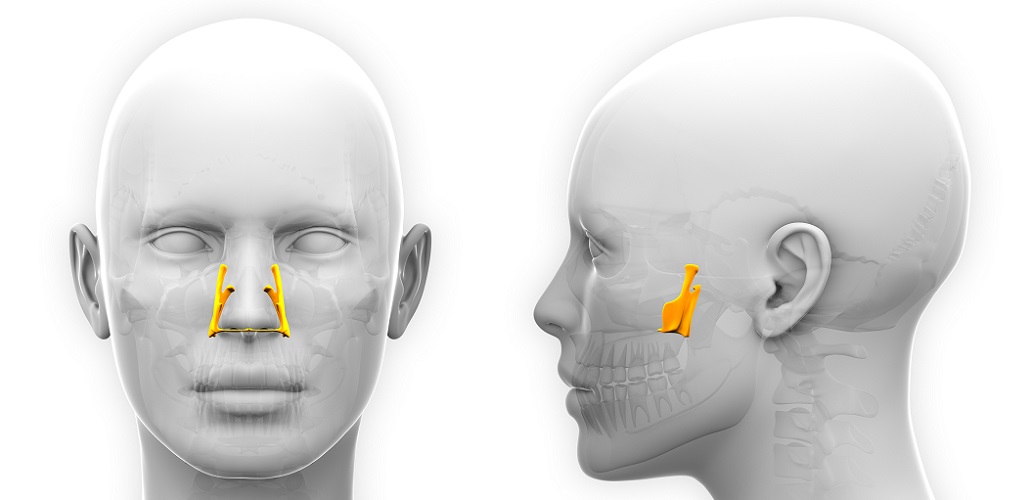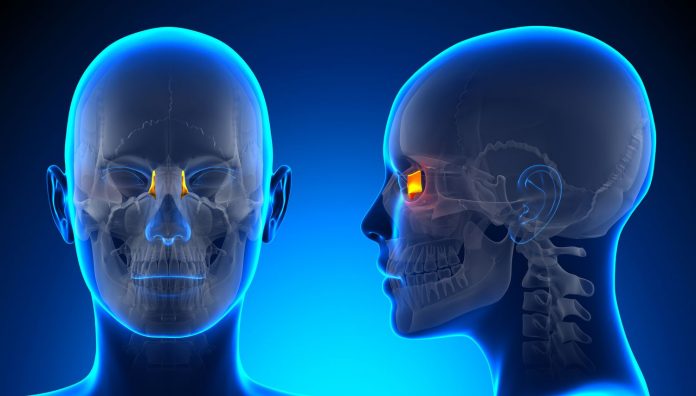In the fascinating realm of human anatomy, the palatine bone stands as a silent guardian, often overlooked in discussions about our skeletal structure. This article aims to unravel the mysteries surrounding the palatine bone, delving into its intricate details and shedding light on aspects that are rarely brought to the forefront.
Read more about Orthopedic Medicine
Contents
The Foundation: Understanding the Palatine Bone
Structure and Location
The palatine bone, a key component of the human skull, resides at the back of the nasal cavity. Its ‘L’-shaped structure forms part of the hard palate and contributes significantly to the overall architecture of the skull.
Functionality and Significance
While its primary role involves providing structural support to the face and skull, the palatine bone plays a crucial part in the formation of the nasal cavity and oral cavity. Its articulation with other facial bones ensures stability and integrity in these critical regions.

Unveiling Palatine Bone Secrets
Historical Significance
Historically, the palatine bone has been a subject of intrigue among anatomists and scholars. Its understanding has evolved through centuries, with ancient anatomical drawings and texts offering glimpses into how our ancestors perceived this enigmatic bone.
Developmental Wonders
Embryonic development showcases the intricate process of palatine bone formation. Understanding how this bone develops sheds light on congenital anomalies and provides insights into the broader field of craniofacial embryology.
Clinical Perspectives: Palatine Bone Disorders
Cleft Palate Anomalies
The palatine bone’s involvement in the formation of the hard palate makes it a focal point in discussions about cleft palate anomalies. Exploring the genetic and environmental factors contributing to these anomalies enhances our comprehension of craniofacial disorders.
Trauma and Fractures
Trauma to the facial region can lead to fractures in the palatine bone, often requiring specialized medical attention. Recognizing the signs and symptoms associated with such fractures is crucial for prompt diagnosis and effective treatment.
Palatine Bone in Modern Medicine
Surgical Interventions
Advancements in medical science have paved the way for innovative surgical interventions involving the palatine bone. From reconstructive surgeries to address congenital anomalies to orthognathic procedures enhancing facial aesthetics, the applications are diverse.
Diagnostic Imaging Techniques
Sophisticated diagnostic imaging techniques, such as CT scans and MRI, have revolutionized our ability to visualize the palatine bone in detail. This has significantly contributed to accurate diagnoses and personalized treatment plans.
The Future: Palatine Bone Research Horizons
Genetic Studies
Ongoing genetic studies aim to unravel the genetic underpinnings of palatine bone development. Insights from these studies hold the potential to unlock preventive measures and targeted interventions for congenital anomalies.
Regenerative Medicine
Exploring regenerative medicine’s possibilities in palatine bone reconstruction opens avenues for non-invasive treatments. Stem cell research and tissue engineering offer promising prospects for the future of craniofacial medicine.
Conclusion
The palatine bone, often overshadowed by its more prominent skeletal counterparts, harbors secrets that are integral to our understanding of craniofacial anatomy. From historical significance to modern medical applications, its journey through time is a testament to the intricacies of human development and the continuous evolution of medical knowledge.
Embark on this enlightening journey through the palatine bone’s secrets, and discover a realm of anatomical wonders that transcends the boundaries of conventional



